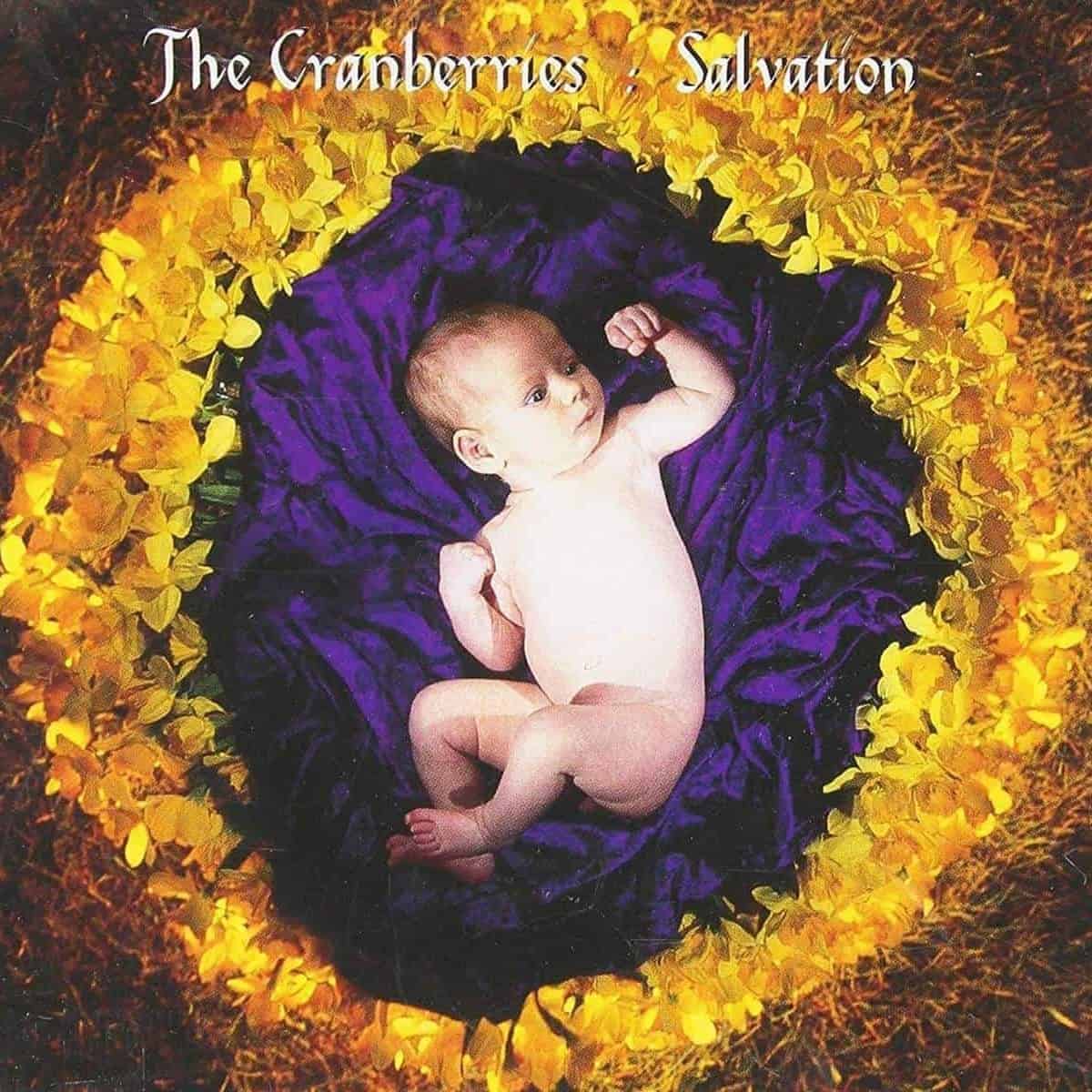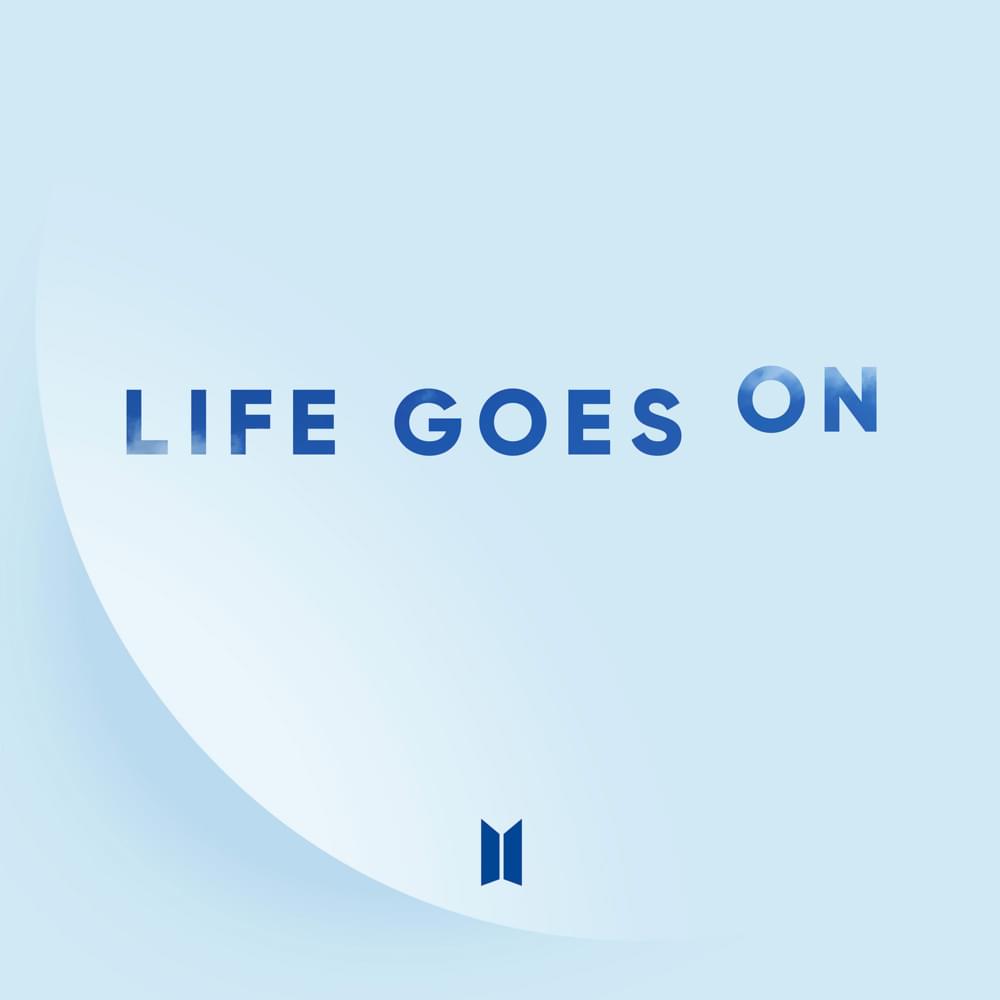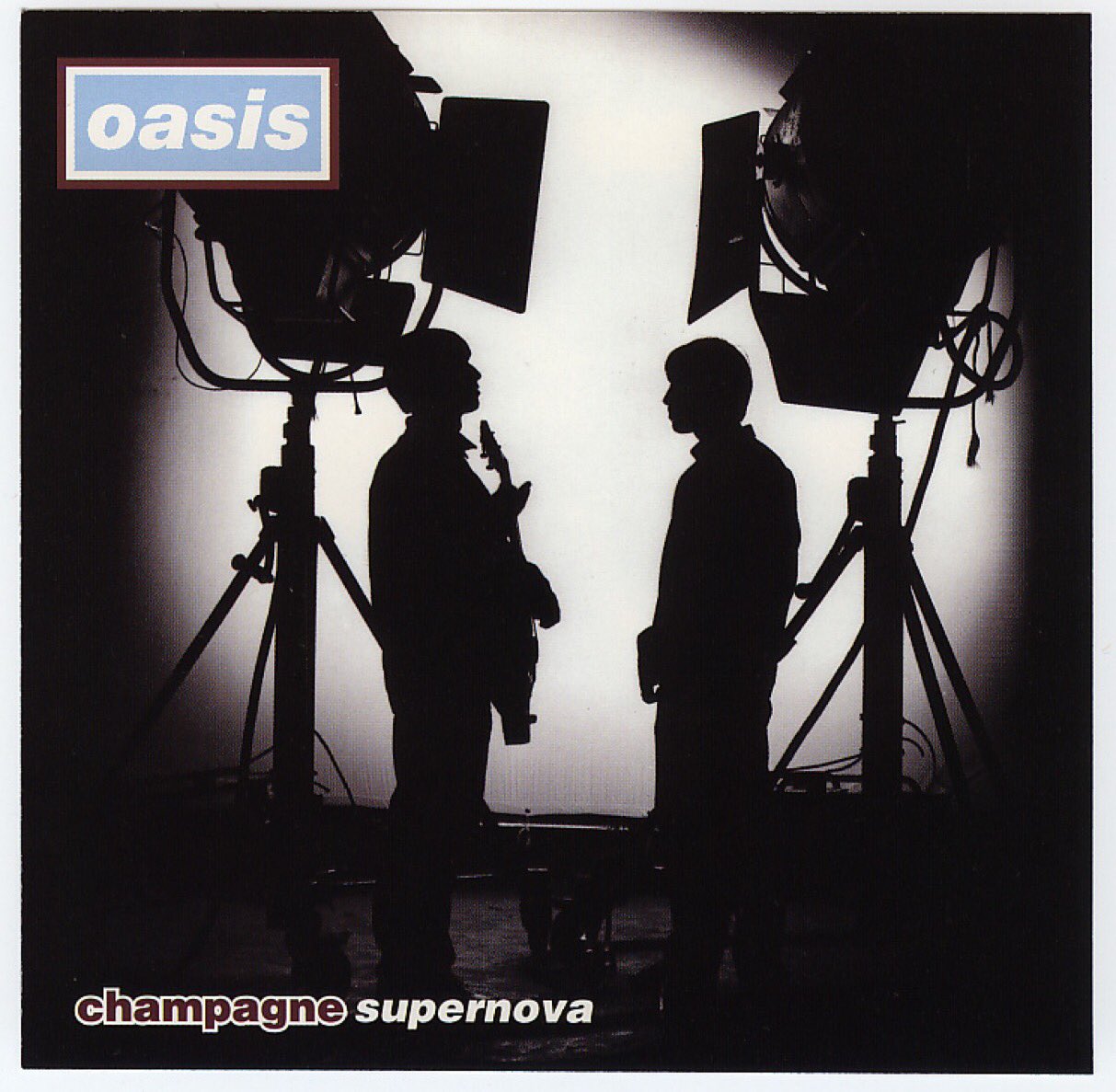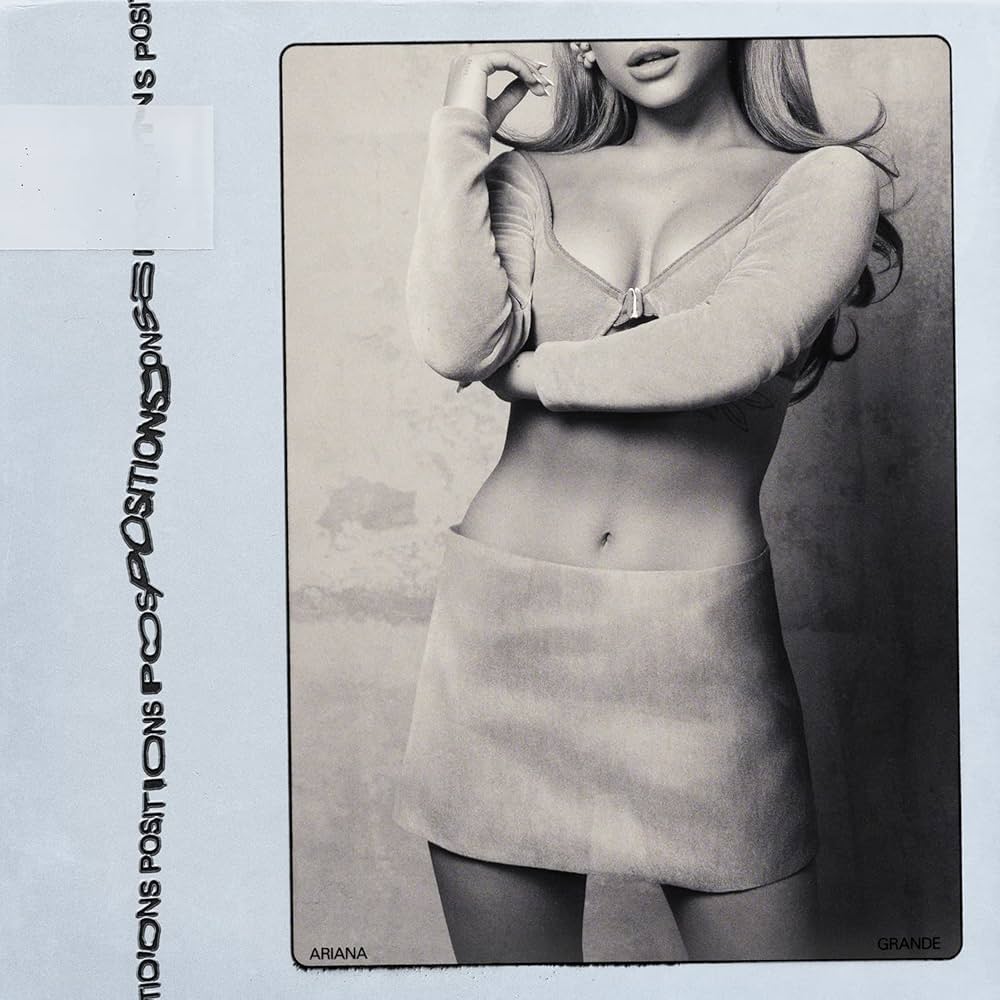In The Number Ones, I'm reviewing every single #1 single in the history of the Billboard Hot 100, starting with the chart's beginning, in 1958, and working my way up into the present.
John Lennon - "Whatever Gets You Thru The Night"
HIT #1: November 16, 1974
STAYED AT #1: 1 week
John Lennon was the first Beatle to join the group. (Lennon didn't meet Paul McCartney until the Quarrymen, the pre-Beatles skiffle band that Lennon founded, played their second show.) Lennon was also the first Beatle to release a solo single, and the first to leave the band. But he was the last Beatle to hit #1. That must've been weird.
The nascent rock-critical industry certainly regarded Lennon as the most important, poetic, and generally great Beatle, and much of the public probably agreed. But Lennon wasn't making hits. All of Lennon's former bandmates had multiple #1 singles before Lennon ascended to that summit. By the time he got there, Lennon didn't even think it was possible. He'd spent his immediate post-Beatles years carving out a different path, becoming the world's loudest and most visible protest performance-artist, staging public stunts with his wife Yoko Ono. He and Ono had done what they could to inject rock 'n' roll with avant-garde sensibilities -- sometimes successfully, sometimes not. He'd become a public voice against the Vietnam War and against Richard Nixon, and Nixon spent years trying to get him deported as a result.
Lennon was still a commercial force in the post-Beatles years. A couple of his solo singles, 1970's "Instant Karma!" and 1971's "Imagine," had both made it as high as #3. ("Instant Karma!" is a 7, and "Imagine" is a 4.) But Lennon had other stuff going on, especially in 1974. A year earlier, Lennon and Ono had separated, and Lennon took up with Ono's former personal assistant May Pang and went off on the year-and-a-half period that he called his lost weekend. Bouncing between New York and Los Angeles, Lennon spent this time drinking and drugging himself into a prolonged stupor, making a hedonistic spectacle of himself with buddies like Harry Nilsson. He was also depressed from missing Ono and stressed out from fighting his own deportation. But somewhere in all that fog, Lennon managed to make "Whatever Gets You Thru The Night," the only John Lennon solo single that hit #1 while John Lennon was still alive.
https://youtube.com/watch?v=FBpMdaBwbGM
"Whatever Gets You Thru The Night," like a lot of other Lennon singles, is full of nonsense. It's a structure-free vamp, a string of non-sequitur lyrics. Pang later said that Lennon got the title from the black televangelist Reverend Ike; Lennon had heard him use the phrase while channel-surfing one night. If there's a point to the lyrics -- a big if -- they're about what I guess you'd call self-care now: "Whatever gets you through your life it's all right, it's all right / Do it wrong or do it right it's all right, it's all right." Maybe Lennon is reassuring himself from the depths of his own bender, telling himself that there's nothing wrong with his coping mechanisms. Or maybe he's preaching in his own way, putting forth the idea that we make up our own moral codes and that they don't need to overlap with anyone else's. But if those are the ideas, then Lennon doesn't really explore them. He just lets those words sit inert, filling space.
But "Whatever Gets You Thru The Night" does have ideas. Those ideas are musical. "Whatever Gets You Thru The Night" is a simple vamp, but it's a wild and funky one. Supposedly, the beat was inspired by George McCrae's "Rock Your Baby," the early disco hit. You can't hear too much of "Rock Your Baby" in the final product, but there is a bit of disco peeking through in "Whatever Gets You Through The Night" -- in the speed, in the steadiness, and in the relative lushness of the orchestration.
Elton John sings backup and plays piano on "Whatever Gets You Thru The Night." The song is really a duet, with John and Lennon singing every line together, each of them mixed about as loud as the other. That piano stays busy throughout -- a glammy sort of boogie-woogie that keeps the song free of empty space. But even without that piano, there would still be a lot happening on "Whatever Gets You Thru The Night": a rumbling and relentless backing band, a whole lot of handclaps, plenty of old-timey sax-squawk solos from Rolling Stones sideman Bobby Keys. There's barely any intro, barely any build. Instead, these musicians all launch into a big and silly groove right away, and they keep it going throughout.
While they were recording the song together, Elton John loved what he was hearing, and he told Lennon that it was a #1 hit. Lennon said that it would be nice but that he was "out of favor" in the US. So Elton made a bet: If "Whatever Gets You Thru The Night" hit #1, Lennon would have to come out and do a guest appearance at an Elton John show. Lennon agreed, even though he'd never toured as a solo artist and almost never played anything that could be described as a show, at least since the Beatles had stopped touring. And 12 days after "Whatever Gets You Thru The Night," Lennon made good on his promise.
https://youtube.com/watch?v=rf6sILrY8p4
On Thanksgiving night of 1974, Elton John played a show at Madison Square Garden. About halfway through, he introduced Lennon, and the two played "Whatever Gets You Thru The Night" together. Lennon stuck around onstage for a little while, doing "Lucy In The Sky With Diamonds" and "I Saw Her Standing There" -- Paul McCartney's song, not his. ("We thought we'd do a number of an old estranged fiancee of mine called Paul. This is one I never sang. It's an old Beatle number, and we just about know it.")
That would be John Lennon's last real live performance. Other than a few songs at a TV taping in 1975, it was Lennon's last time playing music onstage anywhere. That night, backstage at the Garden, Lennon made up with Yoko Ono. And soon after, he spent five years away from the music business, taking that time to raise his son with Ono, the former Cibo Matto bassist Sean. Lennon will appear in this column again, but he wasn't around to see it.
GRADE: 6/10
BONUS BEATS: Here's the cover of "Whatever Gets You Through The Night" that the lo-fi UK post-punkers Television Personalities released as a B-side in 1994:
https://youtube.com/watch?v=X_SoNkQC_jQ
THE NUMBER TWOS: BT Express' high-stepping, sex-positive disco-funk squelcher "Do It ('Til You're Satisfied)" peaked at #2 behind "Whatever Gets You Thru The Night." It's an 8.






